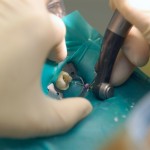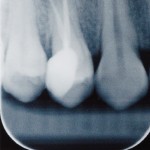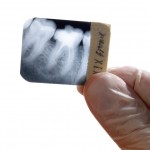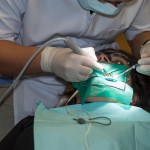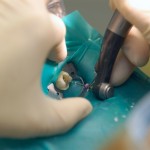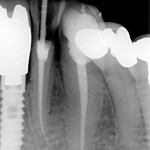
This review of the efficacy of prophylactic oral antibiotics in the management of post-operative endodontic symptoms included 10 RCTs. The findings and show that there is no superiority in using adjunctive antibiotics for the prevention of post-operative endodontic symptoms.
[read the full story...]